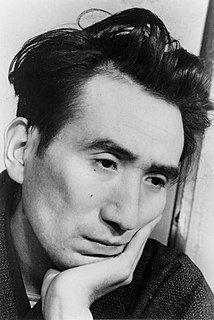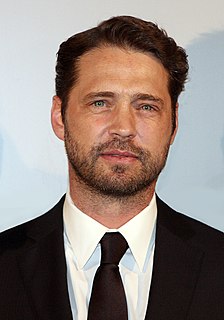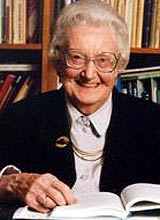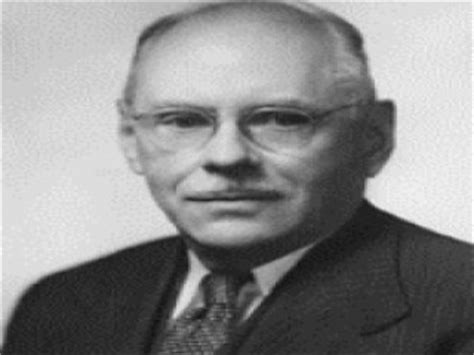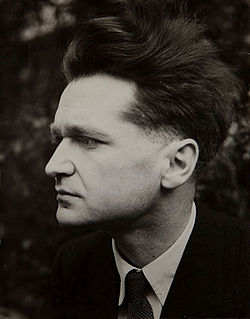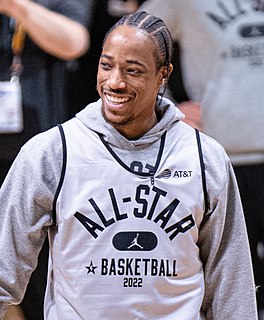A Quote by Ameen Rihani
Like matter itself, an ideal is mutable, but indestructible. It does not die; it only undergoes a change.
Related Quotes
I thought, “I want to die. I want to die more than ever before. There’s no chance now of a recovery. No matter what sort of thing I do, no matter what I do, it’s sure to be a failure, just a final coating applied to my shame. That dream of going on bicycles to see a waterfall framed in summer leaves—it was not for the likes of me. All that can happen now is that one foul, humiliating sin will be piled on another, and my sufferings will become only the more acute. I want to die. I must die. Living itself is the source of sin.
In Sufi terms the crushing of the ego is called Nafs Kushi. And how do we crush it? We crush it by sometimes taking ourselves to task. When the self says, 'O no, I must not be treated like this,' then we say, 'What does it matter?' When the self says, 'He ought to have done this, she ought to have said that,' we say, 'What does it matter, either this way or that way? Every person is what he is; you cannot change him, but you can change yourself.' That is the crushing. ... It is only in this way that we can crush our ego.
It is sometimes said that the tragedy of an artist's life is that he cannot realise his ideal. But the true tragedy that dogs the steps of most artists is that they realise their ideal too absolutely. For, when the ideal is realised, it is robbed of its wonder and its mystery, and becomes simply a new starting-point for an ideal that is other than itself.



